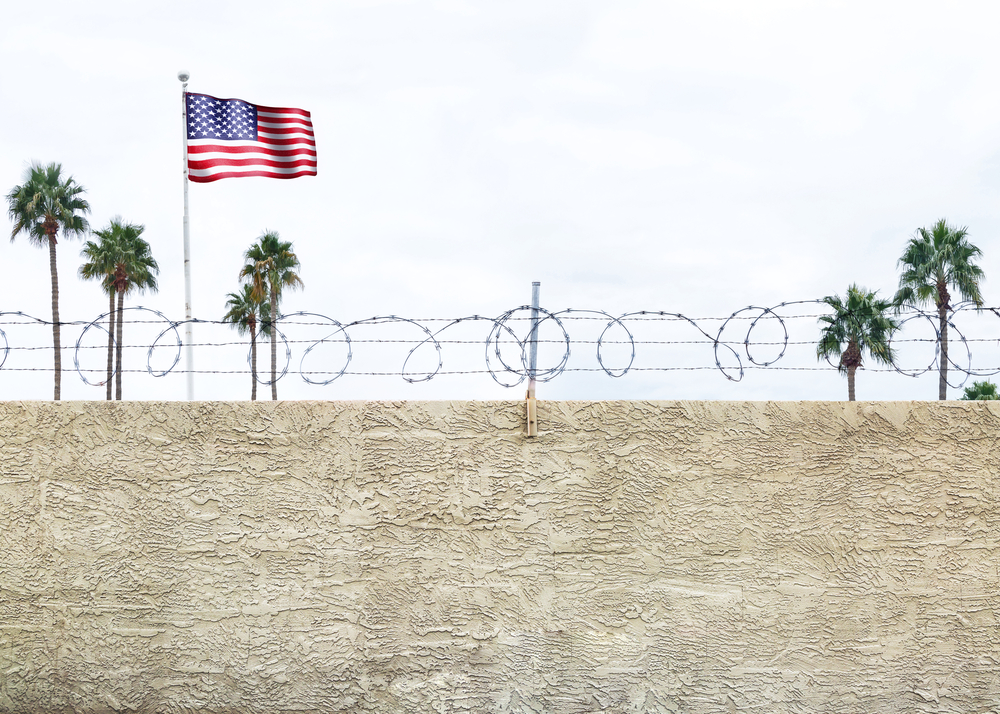
U.S. Reps. Doug Collins (R-GA) and Mike Rogers (R-AL) are proposing an amendment to fund the Trump Administration’s request for an additional $4.5 billion for humanitarian response and border operations.
“The crisis at our southern border demands additional resources,” Collins, ranking member of the House Judiciary Committee, said. “It’s growing every day, and because of loopholes in immigration policy, the men and women who keep our nation safe remain overwhelmed and underfunded. Beyond providing more resources, we must repair the policy loopholes fueling the crisis. Republicans have introduced the Fix the Immigration Loopholes Act to correct the Flores settlement, the Trafficking Victims Protection Reauthorization Act and abuse within the asylum system.”
Collins and Rogers, ranking member of the House Homeland Security Committee, submitted an amendment to H.R. 2157, the Supplemental Appropriations Act, 2019, for the additional funds.
“Our system is not equipped to handle the influx of children and families arriving at our border by the day,” Rogers said. “Border apprehensions in March were up 450 percent compared with March 2017 – staying the course is not an option. The administration has told Congress what it needs to address the crisis at the border. Now, it’s on us to do our job and make sure that it has adequate resources to confront a situation that has become increasingly dangerous to national security and human life. That’s why I’m proposing the House take up the administration’s request for emergency funding. Providing emergency support for law enforcement and humanitarian relief to migrants should be something Democrats are able to support and I encourage them to get on board.”
The $4.5 billion in funding includes $3.3 billion for humanitarian assistance, including shelter capacity for unaccompanied children, care for children in custody and transportation for safe and efficient border processing centers. Further, $1.1 billion for operational support including personnel, transportation, and resources to combat human smuggling and trafficking, while $178 million is for technology upgrades and law enforcement pay adjustments to respond to the influx.




